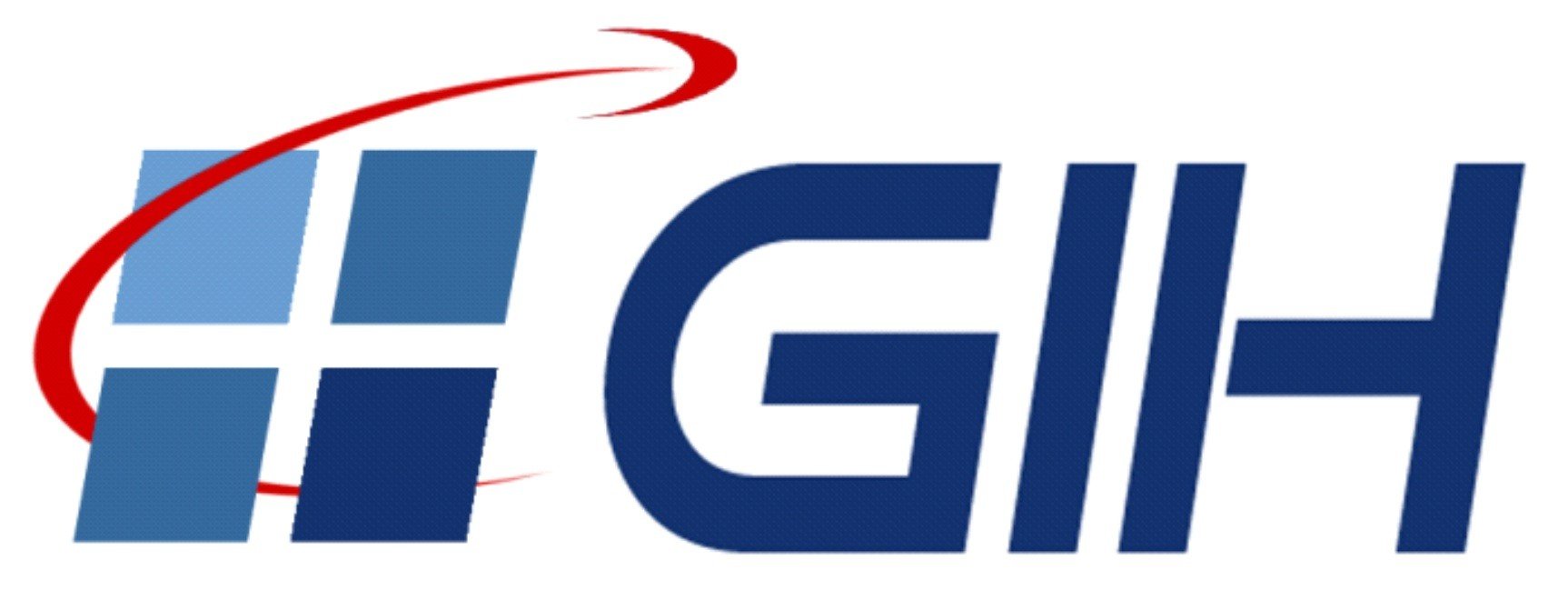State-space Filtering with Respect to Data Imprecision and Fuzziness
- authored by
- I. Neumann, H. Kutterer
- Abstract
State-space filtering is an important task in geodetic science and in practical applications. The main goal is an optimal combination of prior knowledge about a (non-linear) system and additional information based on observations of the system state. The widely used approach in geodesy is the extended Kalman filter (KF), which minimizes the quadratic error (variance) between the prior knowledge and the observations. The quality of a predicted or filtered system state is only determinable in a reliable way if all significant components of the uncertainty budget are considered and propagated appropriately. But in the nowadays applications, many measurement configurations cannot be optimized to reveal or even eliminate non-stochastic error components.
Therefore, new methods and algorithms are shown to handle these non-stochastic error components (imprecision and fuzziness) in state-space filtering. The combined modeling of random variability and imprecision/fuzziness leads to fuzzy-random variables. In this approach, the random components are modeled in a stochastic framework and imprecision and fuzziness are treated with intervals and fuzzy membership functions. One example in KF is presented which focuses on the determination of a kinematic deformation process in structural monitoring. The results are compared to the pure stochastic case. As the influence of imprecision in comparison to random uncertainty can either be significant or less important during the monitoring process it has to be considered in modeling and analysis.
- Organisation(s)
-
Geodetic Institute
- External Organisation(s)
-
Federal Agency for Cartography and Geodesy (BKG)
- Type
- Conference contribution
- Pages
- 87-94
- No. of pages
- 8
- Publication date
- 03.11.2014
- Publication status
- E-pub ahead of print
- Peer reviewed
- Yes
- ASJC Scopus subject areas
- Computers in Earth Sciences, Geophysics
- Electronic version(s)
-
https://doi.org/10.1007/978-3-319-10828-5_13 (Access:
Closed)
-
Details in the research portal "Research@Leibniz University"






